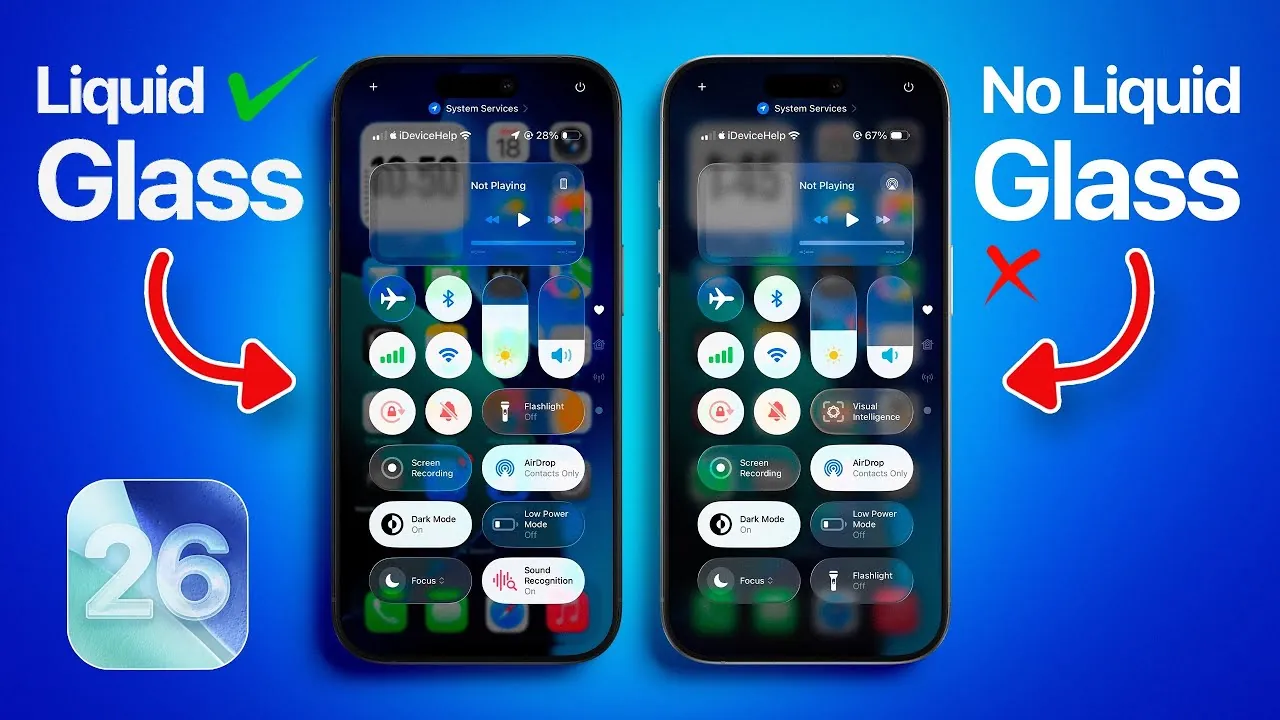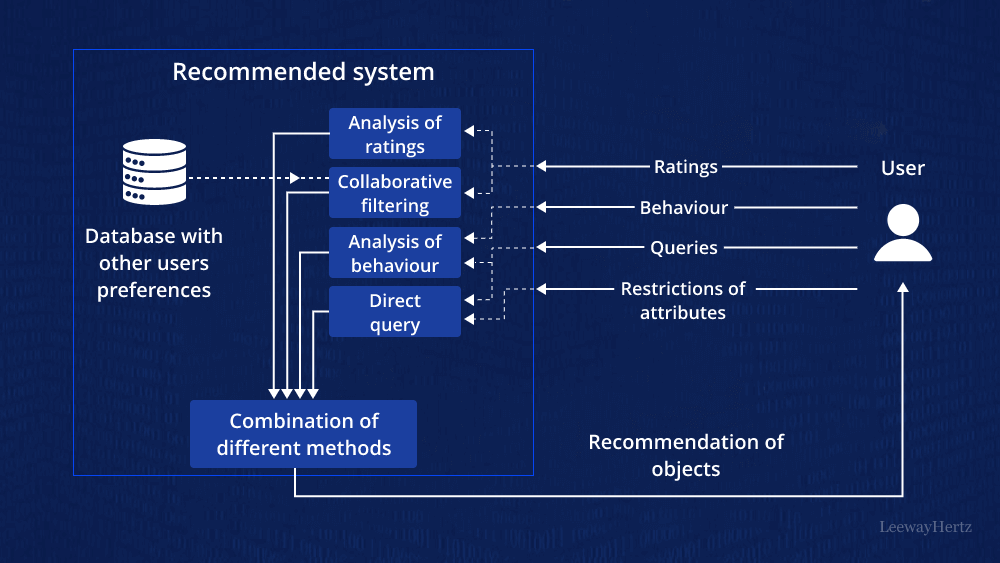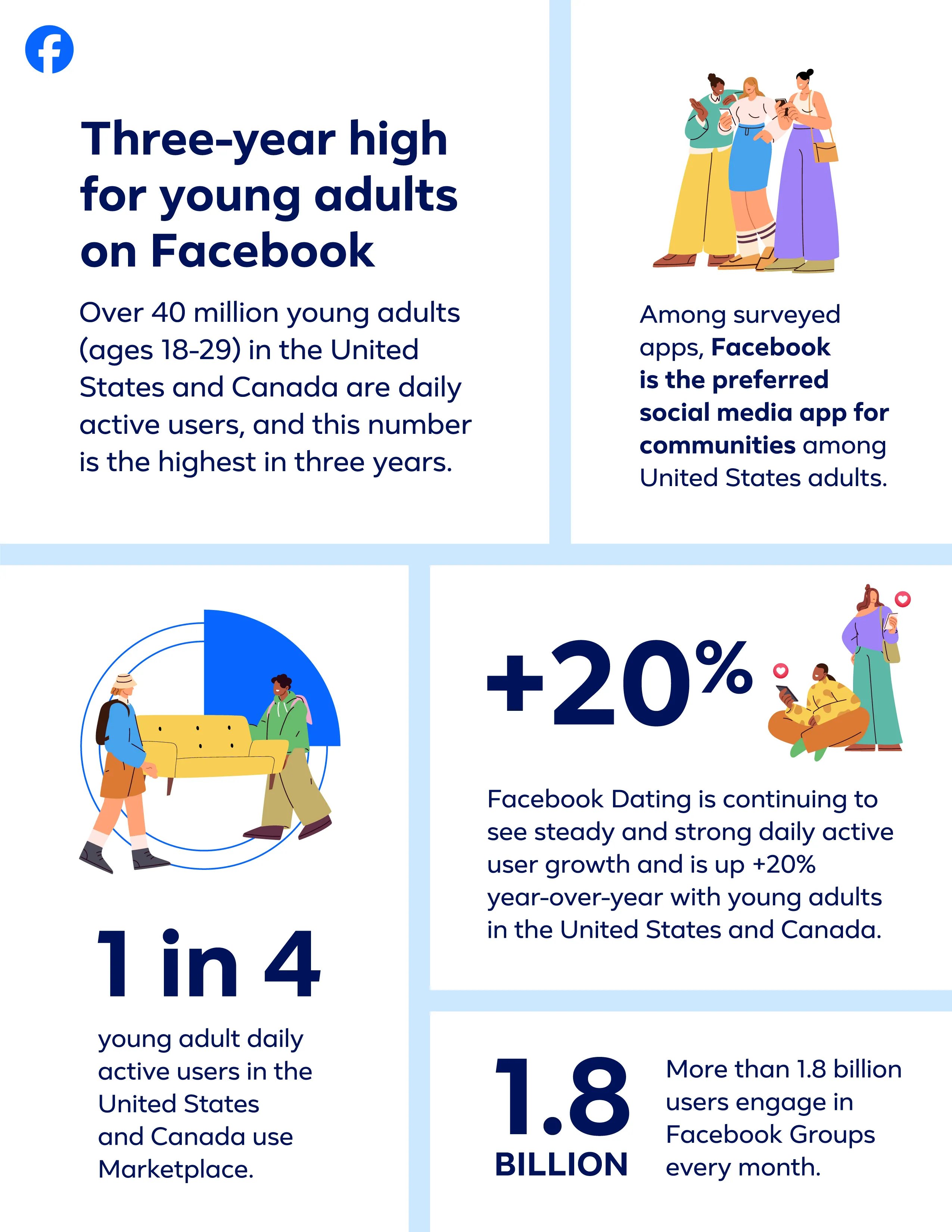🧊 1. Apple Launches iOS 26.1 and macOS 26.1 with “Liquid Glass” Design

Apple has rolled out the final versions of iOS 26.1 and macOS 26.1, marking one of the most significant updates of the year. After several weeks of beta testing, the updates introduce Apple’s new design language — Liquid Glass, which brings translucent interface elements, dynamic motion, and adaptive visual effects across system controls.
The release also includes under-the-hood performance improvements, expanded privacy options, and tighter integration with iCloud services. macOS 26.1, codenamed Tahoe, refines continuity features between iPhone and Mac, enabling seamless device handoffs and universal clipboard synchronization.
Developers are already exploring how the new UI framework affects custom apps and SwiftUI designs. With these updates, Apple continues its shift toward a more fluid, glass-inspired design philosophy that ties together its ecosystem visually and functionally.
🔍 2. Google Reveals How AI-Powered Recommendations Rank Content

Google’s VP of Product for Search has shed new light on how AI-driven recommendation systems evaluate online content. According to Google, these systems emphasize clear, context-rich, and helpful writing, mirroring how a human researcher might assess quality and trustworthiness.
The company also acknowledged that external mentions and digital PR references play a subtle but measurable role in how AI models surface certain content. For example, if multiple credible sources reference an article or brand, the underlying AI system may treat that as a signal of relevance — though not as a strict ranking factor.
This transparency comes at a time when creators and marketers are navigating how AI recommendation systems — from Google’s Search Generative Experience to YouTube’s discovery engine — interpret content credibility in a world increasingly shaped by machine reasoning.
💬 3. Meta’s Dating Platform Gains Momentum Among Young Users

Meta’s integrated dating feature within Facebook is seeing a surprising surge in user adoption, with 21.5 million daily active users across 52 countries. According to internal data shared by Meta, the platform is gaining traction among users aged 18–29, accounting for roughly 1.77 million daily active users in the United States alone.
While Facebook Dating still trails behind dedicated apps like Tinder and Bumble, its seamless integration with Facebook’s broader ecosystem — including profile data, mutual friends, and event tie-ins — appears to be resonating with younger audiences.
The growth underscores Meta’s ongoing effort to diversify its social experience portfolio beyond communication and media sharing. It also highlights the company’s strategy of embedding lifestyle services directly into its flagship platform rather than launching standalone apps.
Elsewhere for Coders
1. Google introduces “Jules” extension for its Gemini CLI
Google has launched the Jules extension for the open-source Gemini CLI, which works as an autonomous coding agent. Jules runs in its own virtual machine, clones your repo, installs dependencies, makes file modifications and handles background coding tasks such as bug-fixing, refactoring, and dependency updates.
Developers will need to link their GitHub repo to Jules and set up an account to get started.
2. GitHub charts out its “agentic development” ecosystem
GitHub (under Microsoft) is shifting from just being a host for developer repos to offering a full “agentic development” environment. Announcements include:
-
“Agent HQ”, a workspace for managing multiple AI agents across the dev lifecycle.
-
“Enterprise Agent Control Plane” (public preview): governance, agent fleet management, policy enforcement.
-
“Plan Mode” in Visual Studio Code, Agentic Code Review, Copilot Metrics Dashboard, multi-model AI integrations.
This signals a deeper push into AI-augmented dev workflows, not just code editing.
3. New book: What’s Wrong With Developers? The Truths, Myths, and Contradictions Making Software So Hard to Make
A new book by Bron Davies examines structural and cultural issues in software development: title inflation, productivity metrics, the effects of burnout, loss of craftmanship and so on. newsfilecorp.com
While it’s not a tool or platform per se, it may strike a chord for developers and managers reflecting on how software work is structured today.